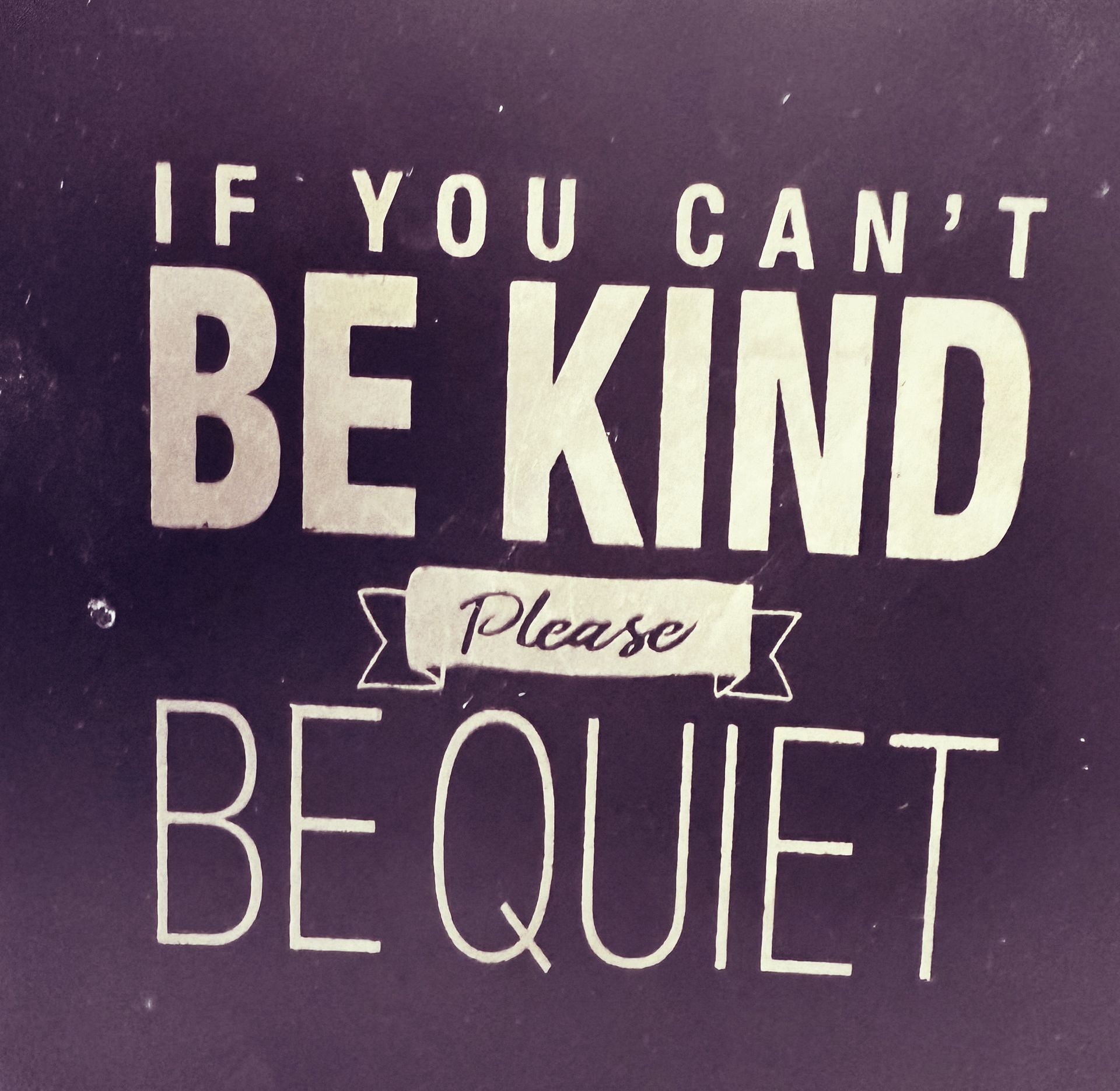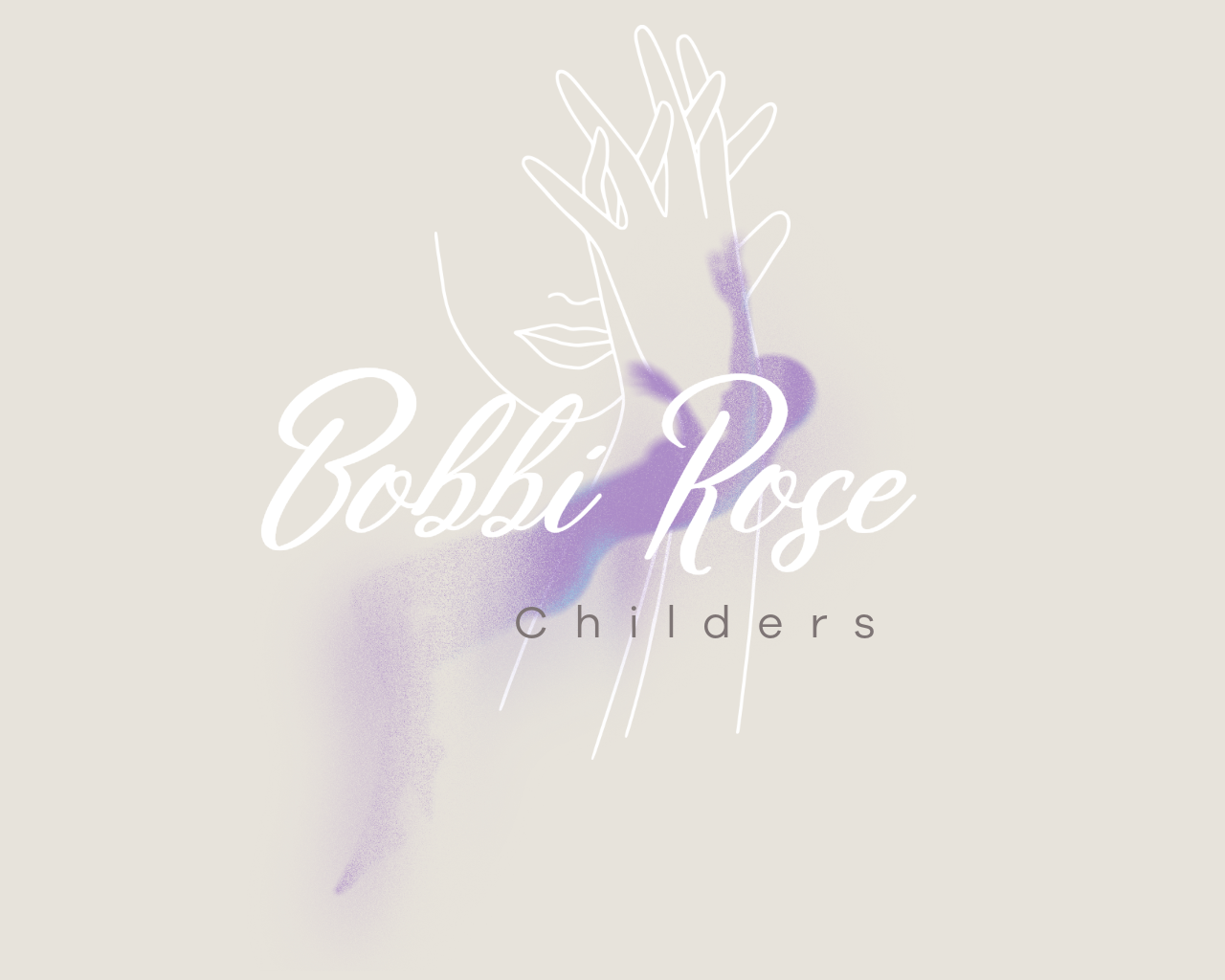Do we want our nurses to simply get by, manage crisis by crisis, or be prepared for the field?

You may have heard some version or another of the proverb about teaching a man to fish. It goes something like this..."if you give a man to fish he will eat for one day, if you teach him to fish he will feed himself his whole life." The genesis of this proverb has been debated by many authors, writers and quote searchers for some time. The point of the proverb is that when we provide a person the immediate justification without the work or tools to acquire the final product they either do not appreciate or know how to acquire that product on their own again when it is needed in the future. Essentially, the individual is not self-reliant or independent. In the context of nurses, teaching nurses to fish is a matter of competency and empowerment with the tools necessary to function within the expectations of their roles.
Let us consider for a moment that our nurses are our novice fishermen (this is not gender sensitive but in sticking with the language of the proverb I am using the same word) and the act of fishing is providing safe patient care. What happens to our novice nurses, and our patients if we hand over the fish without effectively teaching the novice nurses how to fish? On the surface, we use the achievement of a degree and licensure as a metric as the equivalent to their lesson in fishing. We push novice nurses into the field out of graduation expecting that they should know what to do - they are licensed or registered nurses after all - right?
A content analysis of current literature related to new grads and competence was done using a semantic software analysis (Leximancer) to scan over 3,200 international studies to identify relationships in the language of the texts for competency issues as it related to new graduates. Overall, the conclusions that could be drawn from the research included that "regularly revising standardised nursing education for entry-level practice and nursing graduates is essential. This, in turn, reflects the demand for cultural and healthcare informatics technology competency in the current healthcare environment. This analysis has also raised important questions about competency assessment. Although self-assessment is common for evaluating new graduate nurses’ competency levels, further research should investigate and develop assessment methods to measure multiple aspects of nursing competence throughout education and practice" (Hyun, et al. 2022).
The work of nursing requires continuous education as medical technology changes rapidly, associated policies and procedures change to meet those demands and patient conditions and associated therapies change with them just as rapidly. The American Nurse Association outlines that as a nurse, per the Code of Ethics nurses are expected to "in all roles and settings, advance the profession through research and scholarly inquiry, professional standards development, and the generation of both nursing and health policy" all while maintaining the other 8 provisions of the Code of Ethics in areas such as delivery of quality patient care, advocacy and maintaining the integrity of the profession (Ethics, 2018).
Part of what makes fishing so challenging in nursing is that we are in an age of using technology far beyond a hook tied to a string and wrapped around a stick to catch fish. We have technologies that can predict when the fish will be coming upstream, what type of fish and know what type of device works best to catch them with. So why are we sending our novice nurses out with stick and stones to try to catch fish? Do we measure skill competency by memorization of facts and passing the boards? Is that enough? Are the skills and labs reflective of the current hospital, outpatient, and lab settings where our nurses will practice?
Kavanagh and Sharpnack explain that "new data suggest that we are continuing to lose ground in the preparedness of New Graduate Registered Nurses (NGRNs) at a time when it is needed most. Initial competency of NGRNs is declining at an alarming rate, slightly exacerbated by the impact of the COVID-19 pandemic as many traditional in-person clinical and classroom experiences have been adapted or abbreviated" (Kavanagh, et al. 2021). This call to action to our nursing educators, preceptors, recruiters, and curriculum administrators could not be more resounding. At a time where the need for skilled, speciality, and prepared nurses in numbers is on the rise and nurse retirements are expected to continue the nurses coming in to the field need to be not only content prepared but application prepared.
Many of our nurses face ethical challenges that burn them out on a daily basis when faced with their obligation to licensure and practice acts but also are run thin when facing staffing and workforce environments that are not conducive to productivity. Introducing nurses to the workforce that have not been prepared for the fast-paced, high-tech demands of the field adds an additional layer on the current "fisherman" who are seeking to hand over the responsibility of steering the ship to the next generation. If our experienced nurses are working with sonar, large fishing boats, and navigation lighting, it seems to be bad form to send a novice nurse out into the field in the dark on a paddle boat with a worm on a hook.
Hyun, A., Tower, M., & Turner, C. (2022, June 9). The current contexts of newly graduated nurses’ competence: A content analysis. Healthcare (Basel, Switzerland). https://www.ncbi.nlm.nih.gov/pmc/articles/PMC9222227/
Kavanagh, J.M., Sharpnack, P.A., (January 31, 2021) "Crisis in Competency: A Defining Moment in Nursing Education" OJIN: The Online Journal of Issues in NursingVol. 26, No. 1, Manuscript 2.


